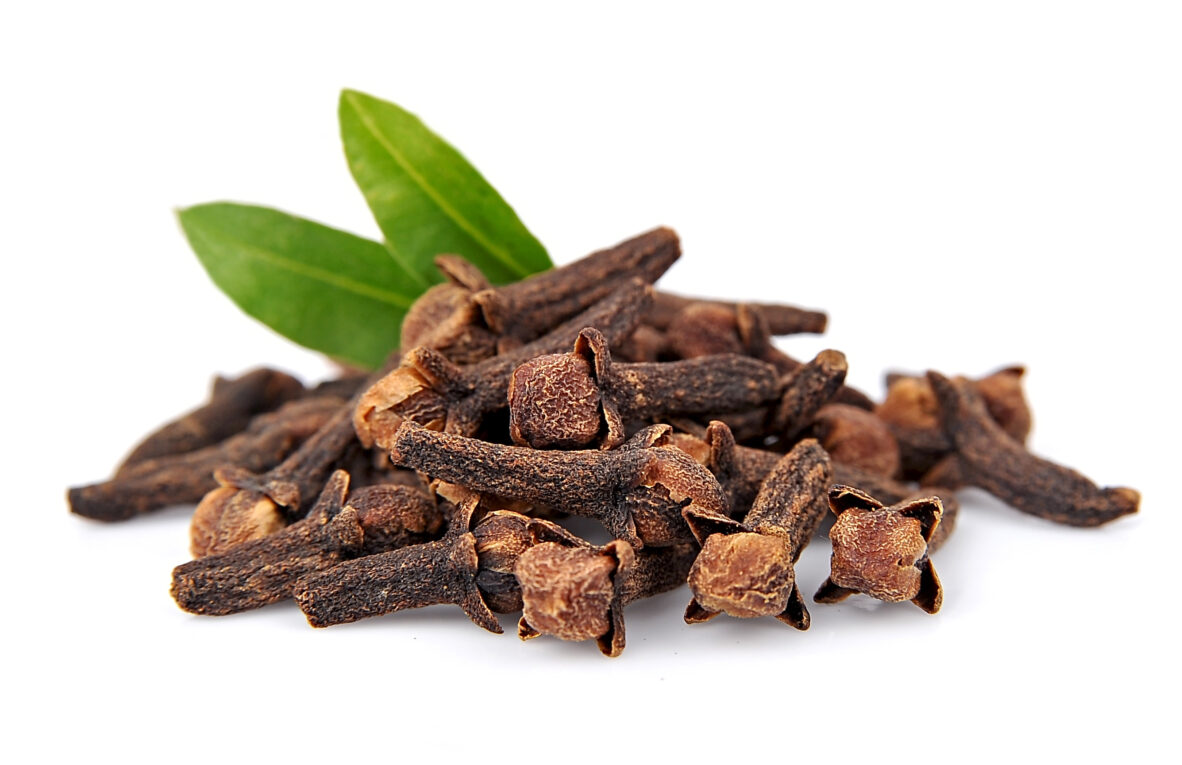Cloves are the aromatic flower buds of the tree Syzygium aromaticum, which belongs to the Myrtaceae family. Native to the Maluku Islands in Indonesia, cloves are now widely cultivated in various tropical regions around the world.
When you think of Cloves you may think of the many foods flavoured by this distinctive spice. But did you know there’s a lot more to this simple seasoning than meets the eye? Clove isn’t just another spice in your spice cabinet – it’s also a powerful health supplement with a wide variety of uses and applications. This article will help you understand the secret life of cloves, from their ancient trip along the spice route to their modern-day use as a healing compound.
History of Cloves
It’s not exactly clear when Cloves became recognized as an important ingredient in food and medicine. Perhaps the earliest written record of Cloves being used dates to around the year 300 B.C., when members of the Han Dynasty of China were documented using the herb as a breath freshener.
Until the last few hundred years, Cloves were only grown in the famous “spice islands,” off the coast of Indonesia. During the years of Dutch colonization, demand for the spice became rampant; however, export of Cloves was tightly limited. At its peak, the sale and trade value of Cloves rivaled that of petroleum oil.
In the 18th century, Clove plants were surreptitiously smuggled out of the spice islands, and eventually found their way to Zanzibar, which is today the most prolific producer of Cloves.
How Cloves are Grown
Many people are surprised to learn that a Clove is actually a flower bud. The scientific name for the plant is Syzygium aromaticum, however due to its popularity the name “Clove” has become synonymous with both the spice and the plant itself.
The Clove plant grows as a small, compact, evergreen bush, which thrives in warm, humid, climates. If allowed to flower, the plant produces a striking pink flower, which is then followed by purple berries.
Harvesting Cloves
The flower buds of the Clove plant go through several stages, and must be picked at the right time in their development in order to be usable. The buds start out a pale, milky white color, which gradually shifts to green. Just before blooming, the flowers take on a deep red color – it is at this stage that they are ready to be picked.
The Cloves are then harvested from the plant and dried. They are then ready for use.
Main Active Ingredients in Cloves
The Clove bud contains an unusual mix of compounds found in no other plant, giving the herb its unique medicinal properties. Cloves contain – among other compounds – gallotannins, triterpenes, flavonoids, and phenolic acids. Oil derived from Cloves contains additional compounds including b-caryophyllene, eugenol, and eugenol acetate.
Medicinal Properties of Cloves
Dietary herbal use of Cloves can aid in the relief of a wide variety of ailments, both internal and external. As a supplement, the spice can either be used in its whole form, ground form, or reduced to its essential oil. Here are some of the health benefits of Cloves:
- Clove use can soothe and relax the inner lining of the intestines, aiding in digestion. It can also aid in quieting an upset stomach.
- Cloves can help the esophagus produce more phlegm and act as an expectorant, making coughs less severe and more productive.
- Clove has been shown to have analgesic properties. This property is particularly effective for tooth pain. Whole clove can be applied directly to the gum in problem areas. The thin skinned membrane of the gums readily absorbs oil from the clove, providing topical relief from pain. Although less effective, clove can also be applied to outer skin to help with sun burn or poison ivy.
- Clove can act as an antimicrobial agent, killing parasites and bacteria in the digestive tract. In appropriate dosage, it can help to relieve excessive gas bloating.
- There is some evidence that certain compounds in clove act as antihistamines, keeping sinus passageways clear and open.
- When the oil is applied topically, it can relieve pain from rheumatism, arthritis, or other inflammation-based pain.
Shopping
| Visit the new SHOPPING page for a wide selection of great products! |
Always take care when taking herbs and Read Our Disclaimer.
Cloves Herb Notes / Side Effects
Limitations of Use
- Because of Clove’s anti-clotting properties, it should not be taken in medicinal doses with any other medicinal blood thinner or medication which prevents clotting. It should also not be taken by those who have a hereditary condition which inhibits blood clotting.
- Medicinal-dose uses of Clove should be discontinued at least two weeks before surgery.
- Clove should not be used medicinally by children under 12, particularly when taken orally.
- Take care when applying clove oil to the skin. The oil is extremely potent, and can cause rashes or burns if applied in too great a concentration.



Leave a Reply